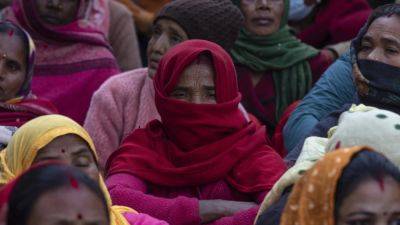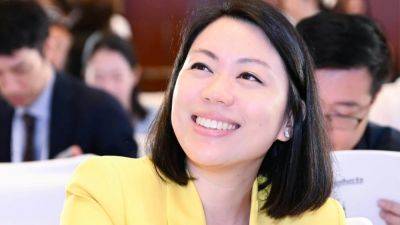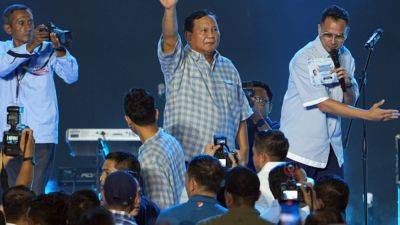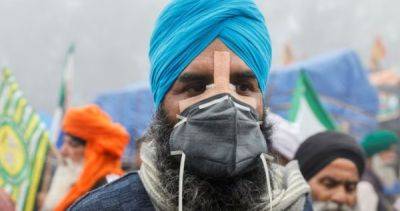Indonesia’s president, who mingles with people and listens to Metallica, still popular in last term
JAKARTA, Indonesia (AP) — Joko Widodo’s phenomenal rise from a riverside slum, where he grew up, to the presidency of Indonesia spotlighted how far the world’s third-largest democracy had veered from a brutal authoritarian era a decade ago.
With his second and final five-year term ending in October, Widodo — regarded by some as Asia’s Barack Obama — is leaving a legacy of impressive economic growth and an ambitious array of infrastructure projects topped by a $33 billion plan to relocate Indonesia’s congested capital to the frontier island of Borneo.
Dismissed as a political lightweight by rivals when he first won the presidency in 2014, Widodo built a reputation as a soft-spoken reformer who promised to fight poverty and inequalities by exploiting Indonesia’s abundant resources and tourism draw to propel its economy, the largest in Southeast Asia. He served as mayor of Solo city, where he was born to a working-class family in illegally built shacks along a river, then became governor of the capital, Jakarta, before clinching his first presidential term.
Widodo was the first Indonesian president to emerge outside the political and military elite. But critics say he thrived on political compromises, became beholden to political party supporters and accommodated ex-generals who served under the late authoritarian leader Suharto. His pragmatic deals cushioned opposition to his leadership but also threatened Indonesia’s fragile democracy that sprang a commoner like him, the son of a wood seller, to power.
Forging political compromises in the world’s largest archipelago nation with deep religious, ethnic and economic divides has been a constant struggle even by past leaders.
Widodo was widely criticized when he appointed






